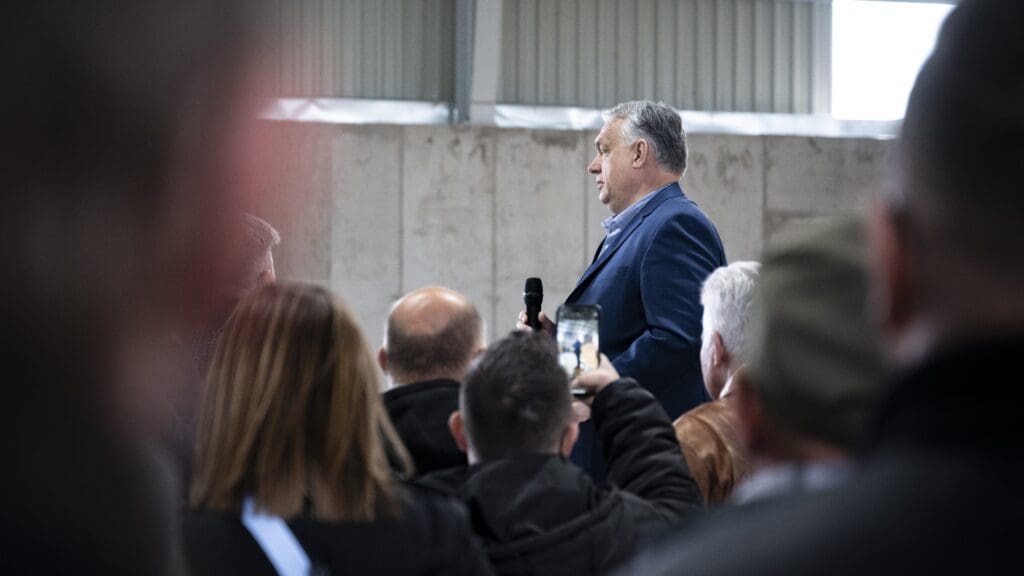
Since Hungary joined the European Union, Fidesz has emerged victorious in every European election. Analysts predict that this trend will continue this year, with Fidesz expected to maintain its winning streak.
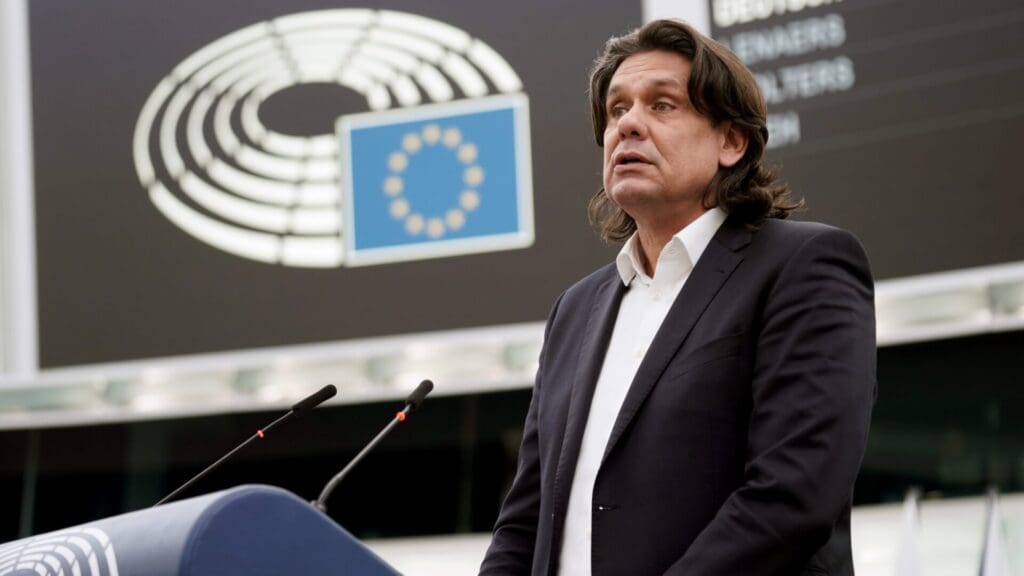
Tamás Deutsch, leading candidate of Fidesz–KDNP in the European Parliament elections, discussed various important topics in his interview with Mandiner, including the recently adopted new migration pact, the composition of the EP after the upcoming elections, and the frozen EU funds due to Hungary.
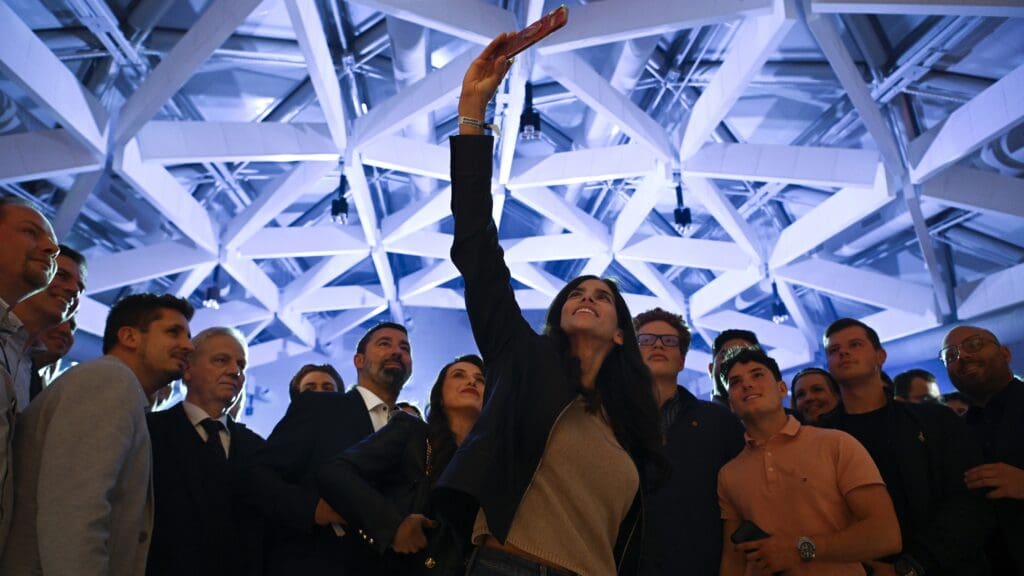
Mayoral candidate of Fidesz–KDNP Alexandra Szentkirályi unveiled her seven-point plan for the city at a campaign event on 17 April. Outlined in her plan are measures to tackle corruption, streamline bureaucracy, improve transportation, and enhance cleanliness and orderliness in the city.

‘Protecting the innocence of children against efforts to sexualize them, upholding the legality of borders and asylum procedures, safekeeping the right of states to exercise national sovereignty in areas where it remains their legal prerogative: pursuing these aims isn’t a bed of roses. It exposes one to media disinformation, financial blackmail, and attacks on personal honor.’
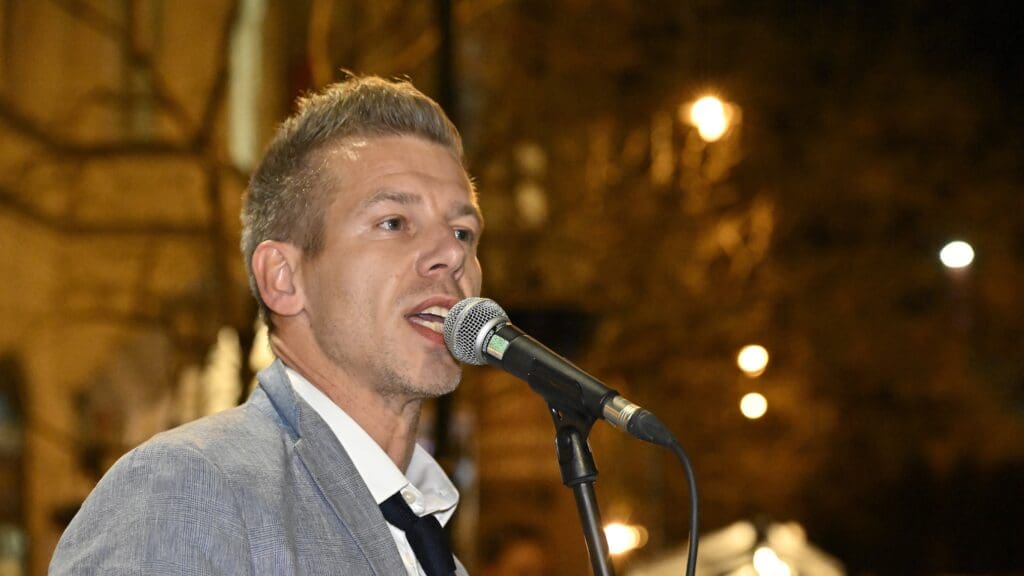
While 13 per cent of Hungarians would vote for Magyar’s party in the EP elections, which represents a significant shift in just a few weeks, the new party has failed to attract uncertain or inactive voters, nor has it gained significant support from Fidesz voters; its voters come largely from supporters of left-wing parties, causing losses for each of them.
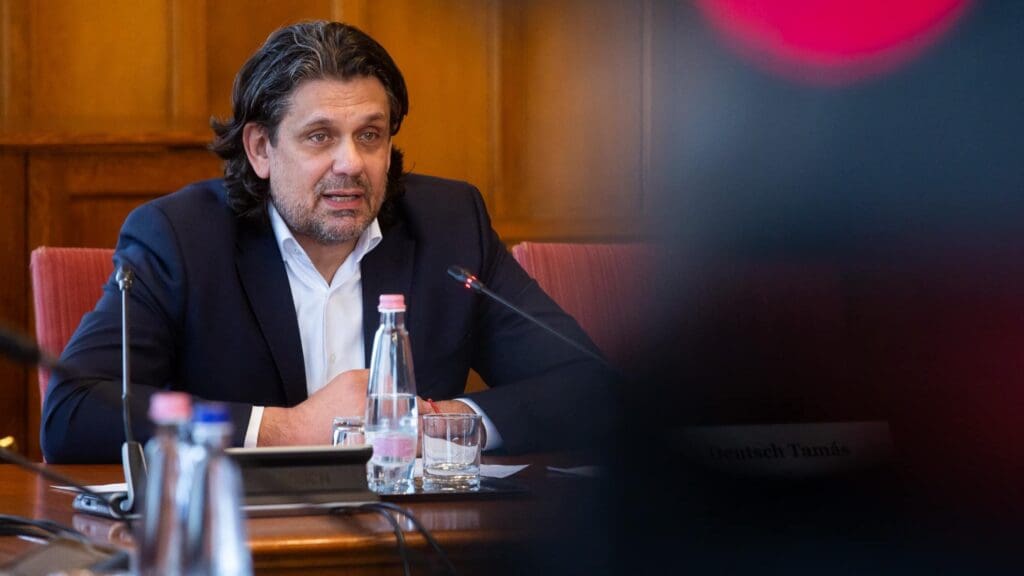
Tamás Deutsch, the leading candidate of Fidesz–KDNP in the 2024 European Parliament elections, declared that the list of candidates of the Hungarian governing parties has been finalized. Alongside numerous familiar figures, the list also includes several newcomers who will champion Hungary’s sovereignty in the forthcoming term.

‘The way PM Orbán has redefined Hungarian identity and sought to maintain, develop and foster relationships with Hungarians who were dispossessed of their homeland in the Treaty of Trianon is something I personally have tremendous respect for. ’
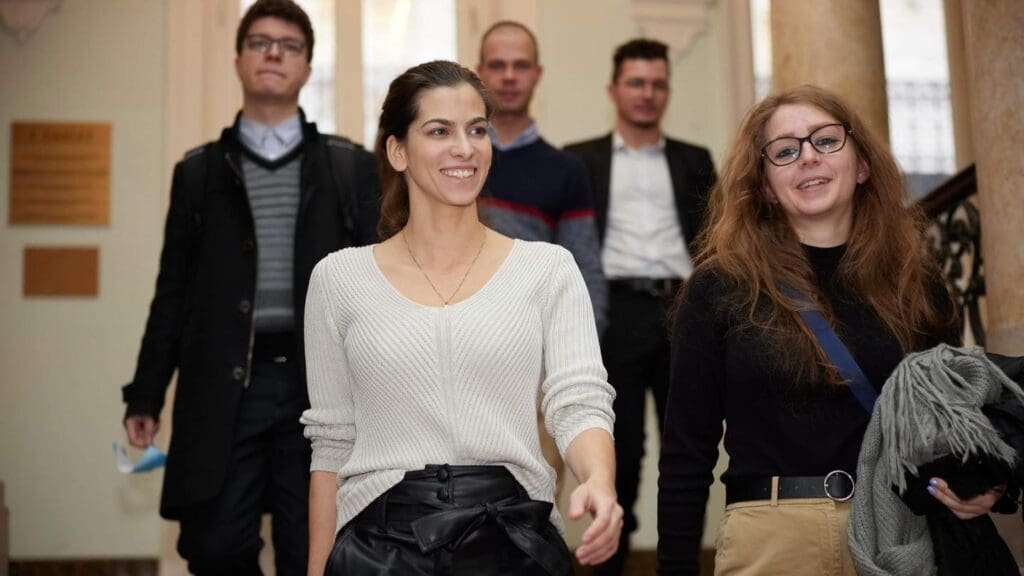
The Budapest electoral committee of Fidesz has nominated Alexandra Szentkirályi as the Fidesz-KDNP candidate for chief mayor of the capital city. From 2014 to 2019, Szentkirályi gained recognition as the youngest-ever deputy mayor, following which she assumed the role of government spokesperson.

The new rules prohibit AI applications that could violate citizens’ rights. These include biometric categorization based on sensitive personal data or the creation of facial recognition databases using images downloaded from the internet or closed-circuit television networks.
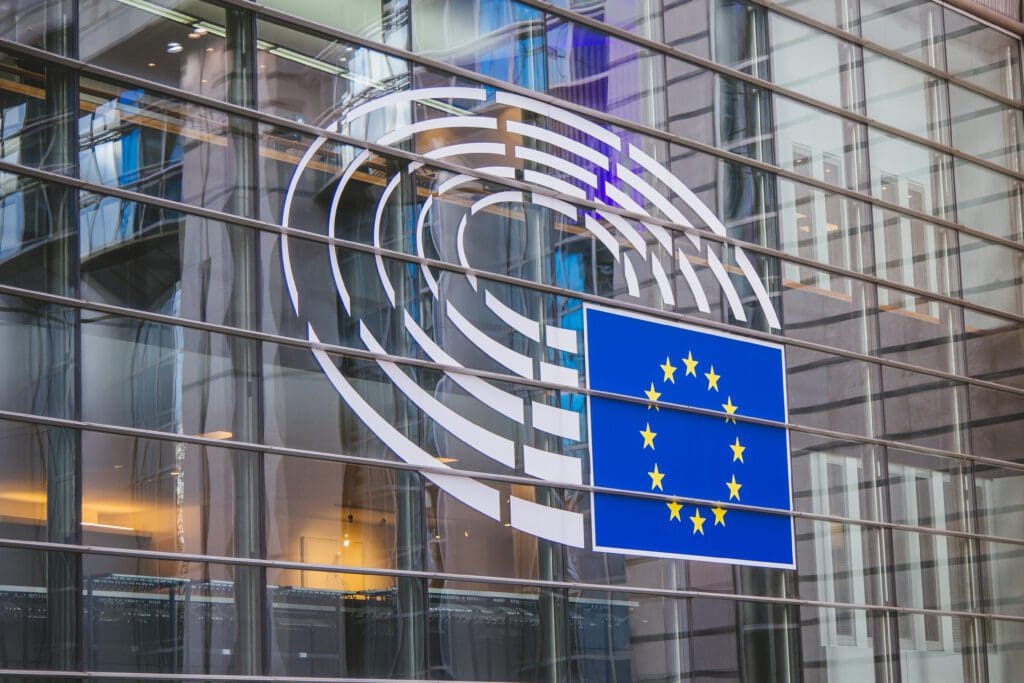
The adopted amendments to the Regulation on Wholesale Energy Market Integrity and Transparency, designed to respond to the energy crisis, cover new trading practices such as algorithmic trading and strengthen reporting and monitoring requirements to protect consumers from market abuse.
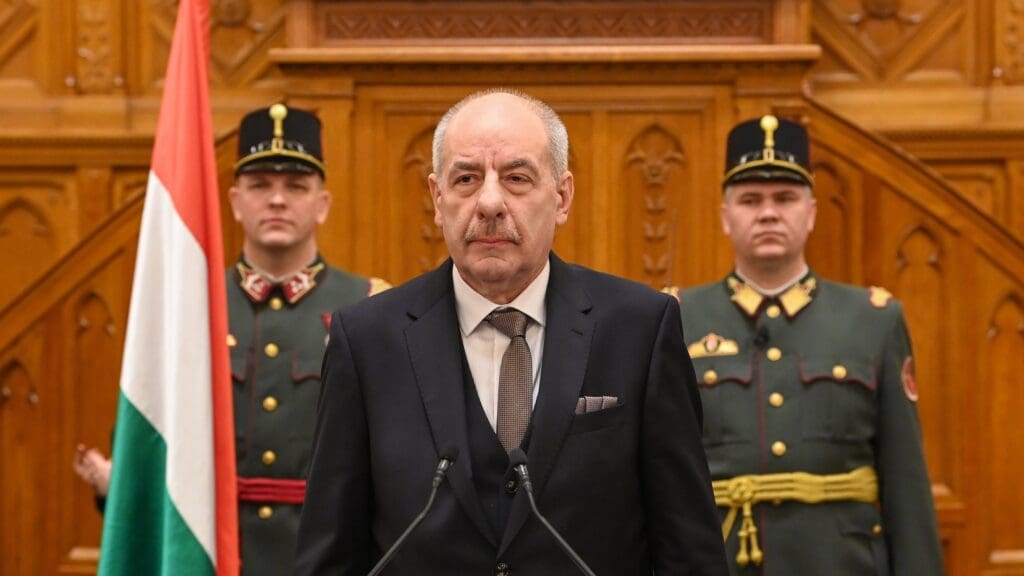
Sulyok is a ‘respected jurist’, who has never been a politician, and who had refused to join the state party before 1990, analyst Levente Szikra reminded in an interview with public Kossuth radio,
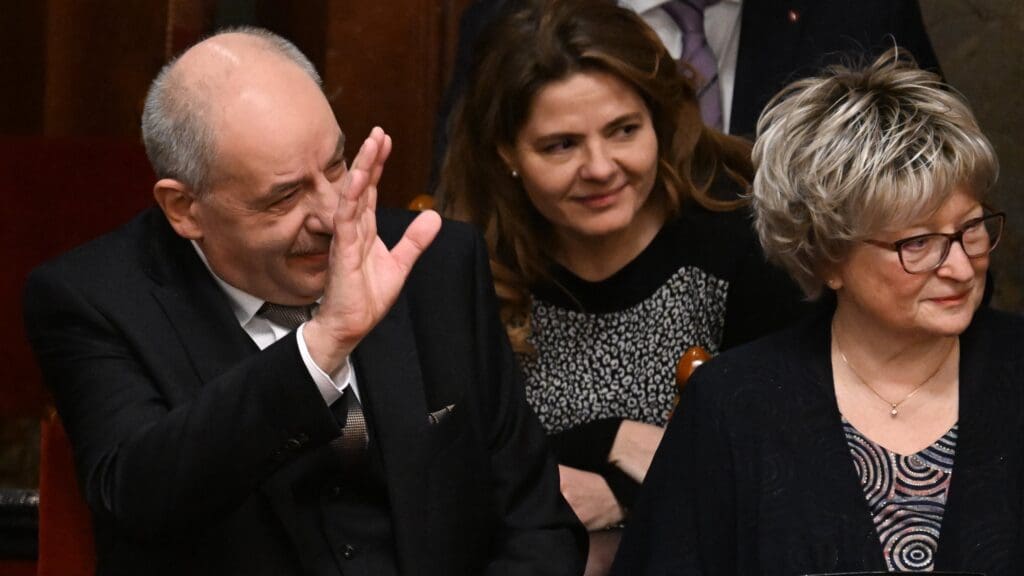
The Hungarian National Assembly has elected Tamás Sulyok, formerly President of the Constitutional Court, as the new President of Hungary.
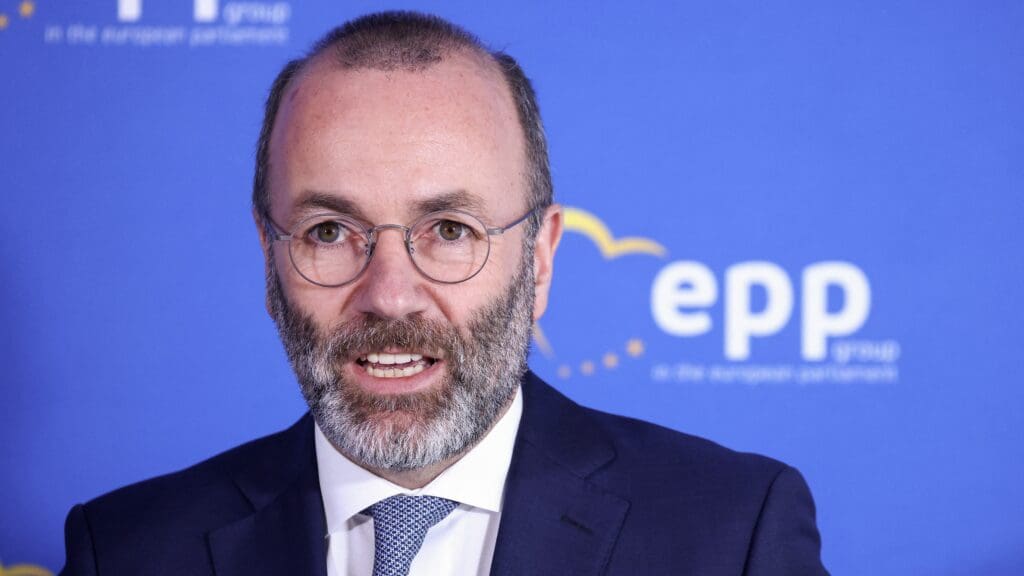
As the European Parliament elections approach, Manfred Weber, President of the European People’s Party, has entered campaign mode, with a focus on demonizing Viktor Orbán and the European right. Meanwhile, speculation continues regarding which political group Fidesz will align with in the next EP.
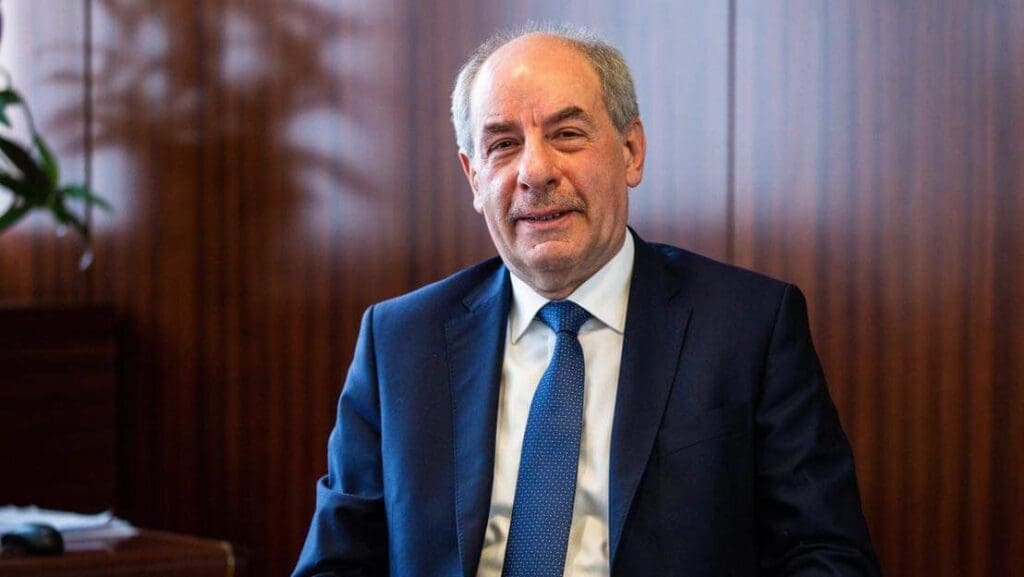
At the Fidesz–KDNP parliamentary group meeting today it was decided that Tamás Sulyok, President of the Hungarian Constitutional Court would be nominated for the position of head of state, left vacant following the resignation of Katalin Novák. Tamás Deutsch will lead the governing parties’ list for the European Parliament elections.
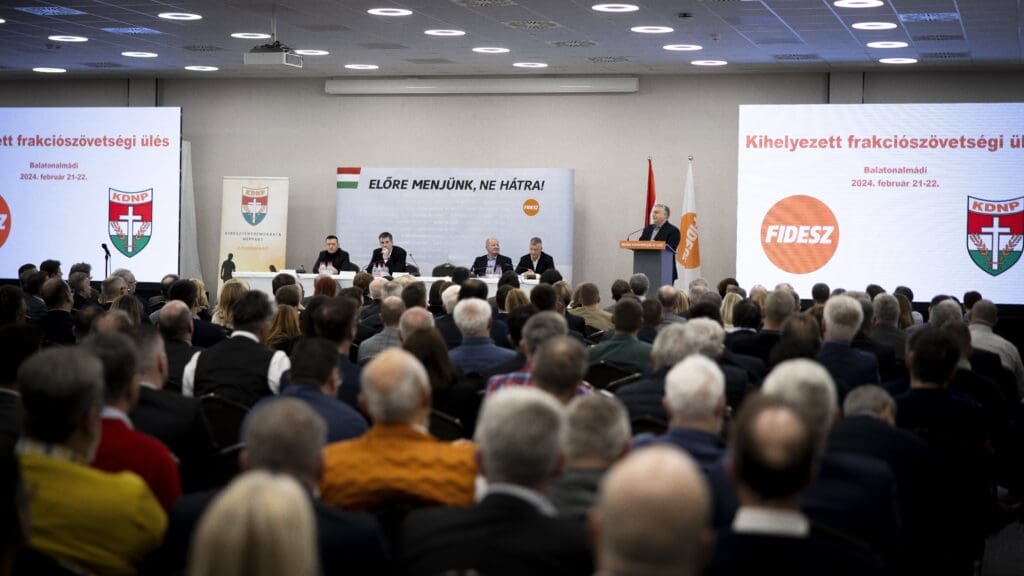
The two-day parliamentary group meeting of Fidesz–KDNP began with a speech by Viktor Orbán on Wednesday. The gathering holds particular significance, given that the selection of the candidate for the head of state is on the agenda.
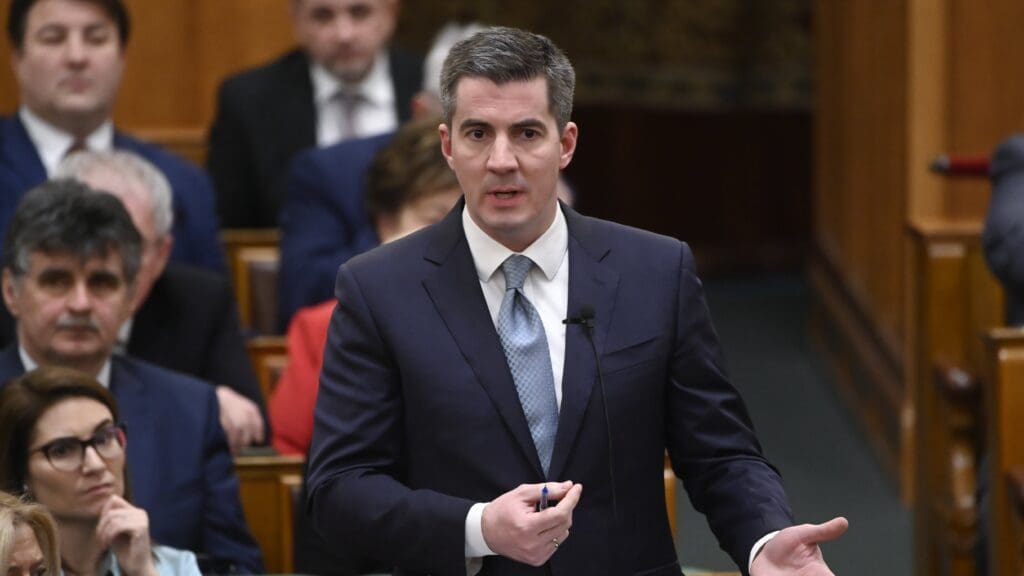
The protracting NATO accession process of Sweden seems to be reaching its conclusion, following the announcement of support for ratification by Fidesz parliamentary group leader Máté Kocsis.
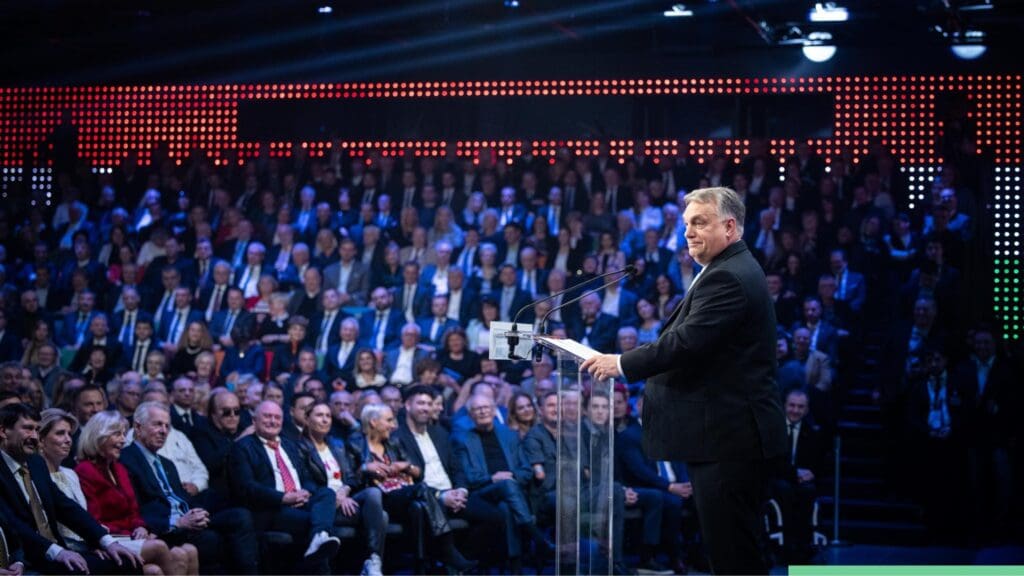
On Saturday, 17 February, Viktor Orbán will deliver his 25th annual State of the Nation Address. This year’s speech holds particular significance as the European Parliament elections draw near.
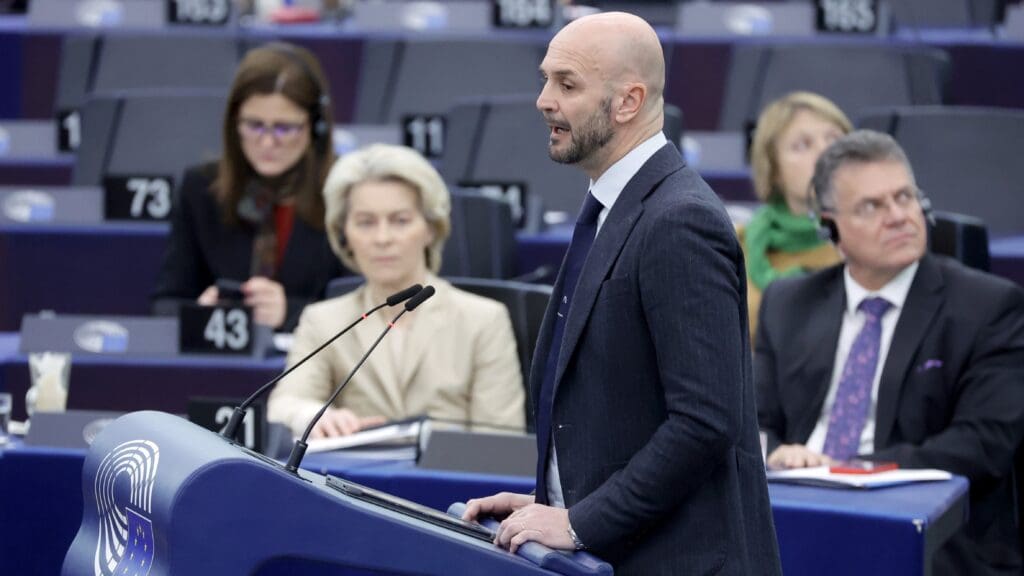
According to Italian press reports, on the margins of the latest EU summit Viktor Orbán indicated that Fidesz is ready to join the ECR after the elections. The move would significantly swell the ranks of the ECR, considering that Fidesz is projected to win 14 seats (of Hungary’s 21), sending quite a sizable delegation to the European Parliament.

The ongoing demonstrations against the AfD will not have a lasting impact on the party’s support, and consequently, will not negatively influence the upcoming EP elections in the summer, Maximilian Krah told Hungarian Conservative.

A brief review of the European policy of the Hungarian Government and of that of the domestic opposition.
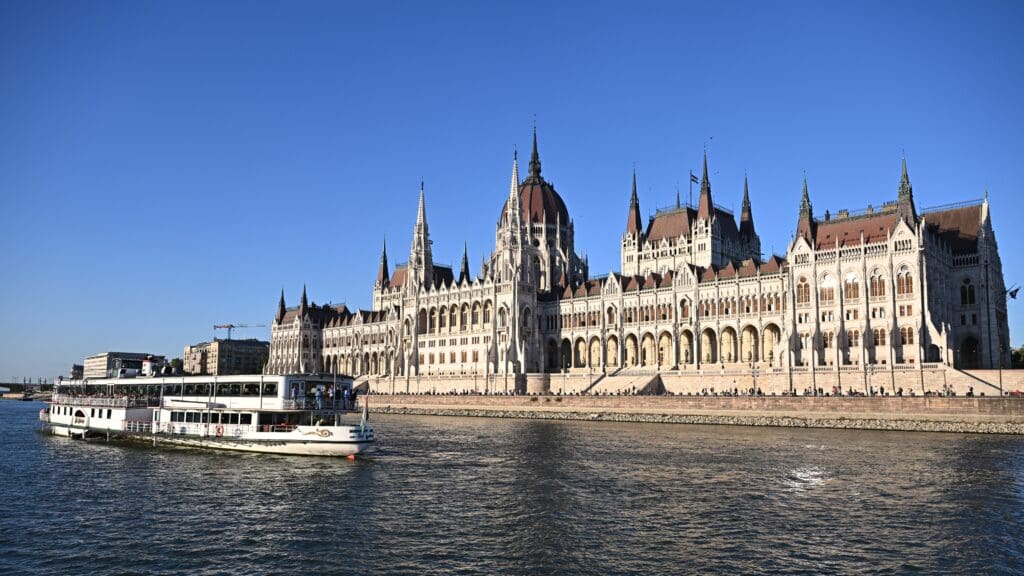
The governing Fidesz-KDNP party coalition in Hungary has maintained their support, while fewer would vote for the parties of the left-wing alliance than did in 2022, as revealed by a joint political year-opening roundtable discussion organized by five polling institutes on Thursday, 11 January in Budapest.
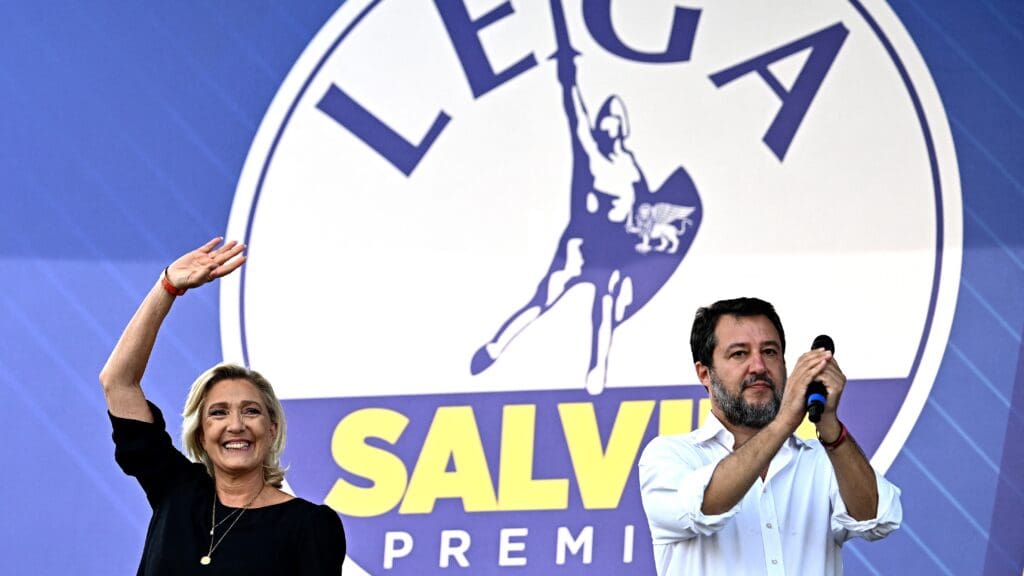
This year marks a pivotal moment for the right-wing parties of Europe, as the anticipated shift in political dynamics is poised to unfold across the continent. In this article, we delve into the prospects and potential for the European right in the year 2024.
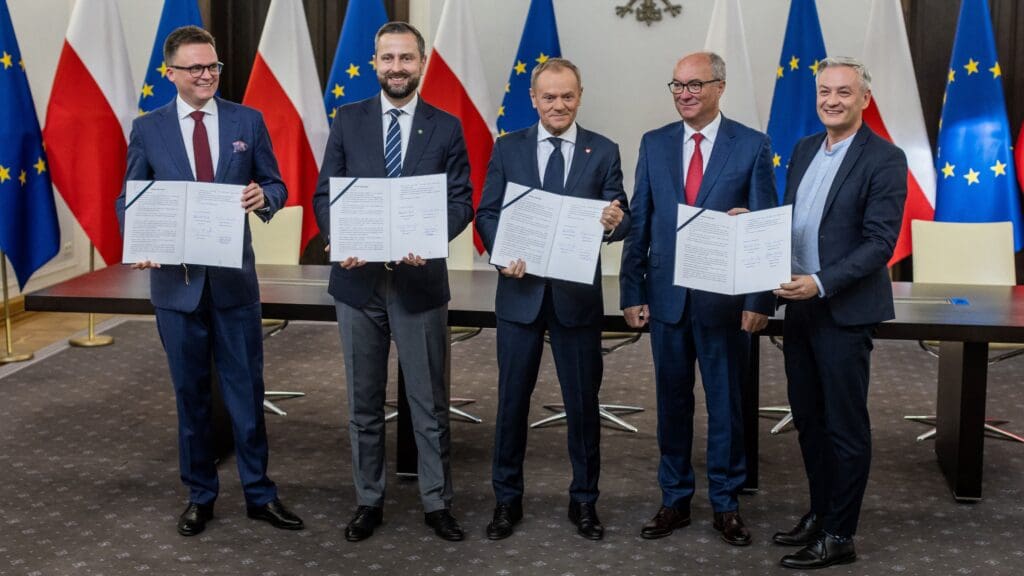
‘Once the power transition issue subsides, revenge is likely to become a central issue in Polish politics. Among the presumed incoming government’s proposals are journalistic purges and political show-trials, precisely the sort of banana-republic behavior anti-PiS voices have long alleged on the part of the outgoing government.’
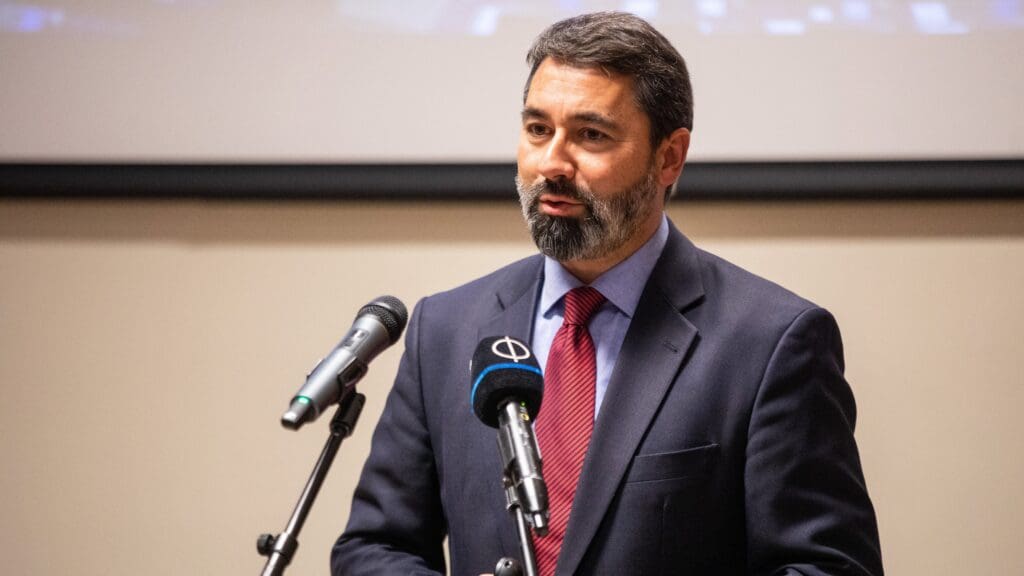
Balázs Hidvéghi, MEP for the ruling Fidesz party in Hungary, pointed out how the European Union treats rule of law concerns completely differently in the case of the left-wing Socialist party in Spain than it does in the case of the right-wing conservative Fidesz party in Hungary.
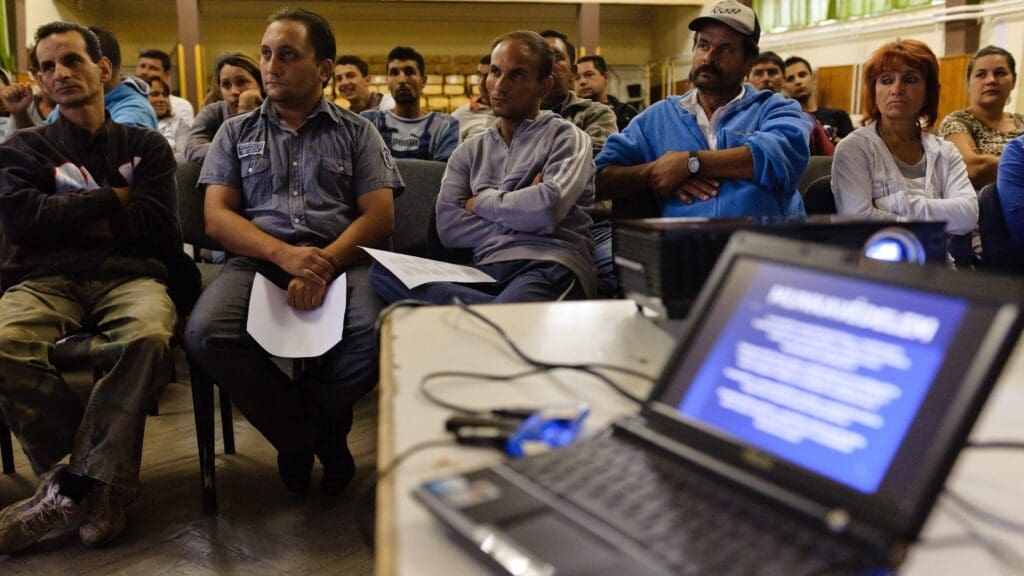
The Roma were the real losers of the fall of communism. With the regime change, most Hungarian Roma, and in fact, many non-Roma Hungarians, lost their livelihoods, as the unskilled jobs they had filled vaporized with the collapse of the outdated and unsustainable industry created under state socialism.
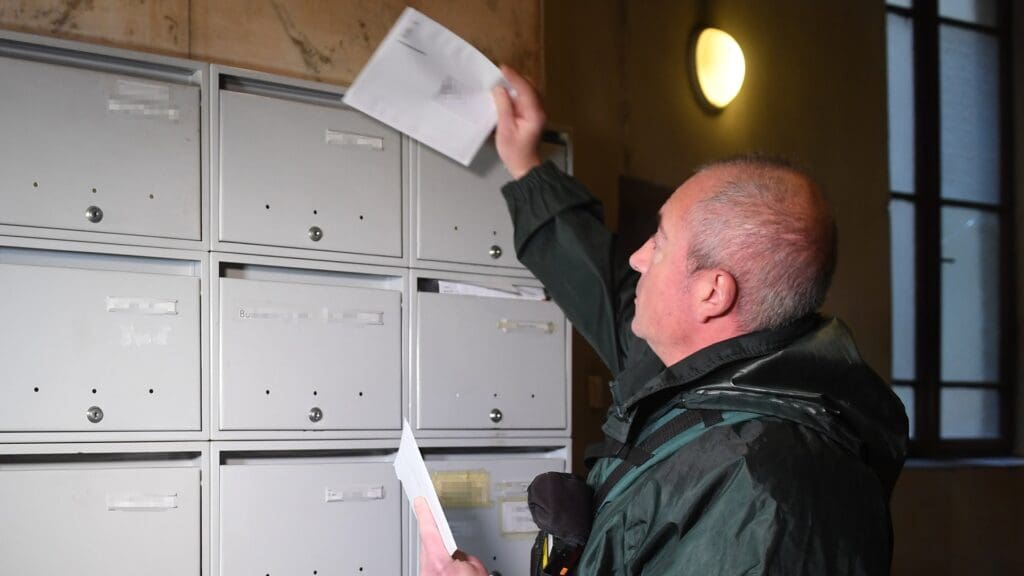
Fidesz’s communications director István Hollik announced the campaign aiming to promote the government’s national consultation initiative on his social media on 20 November.
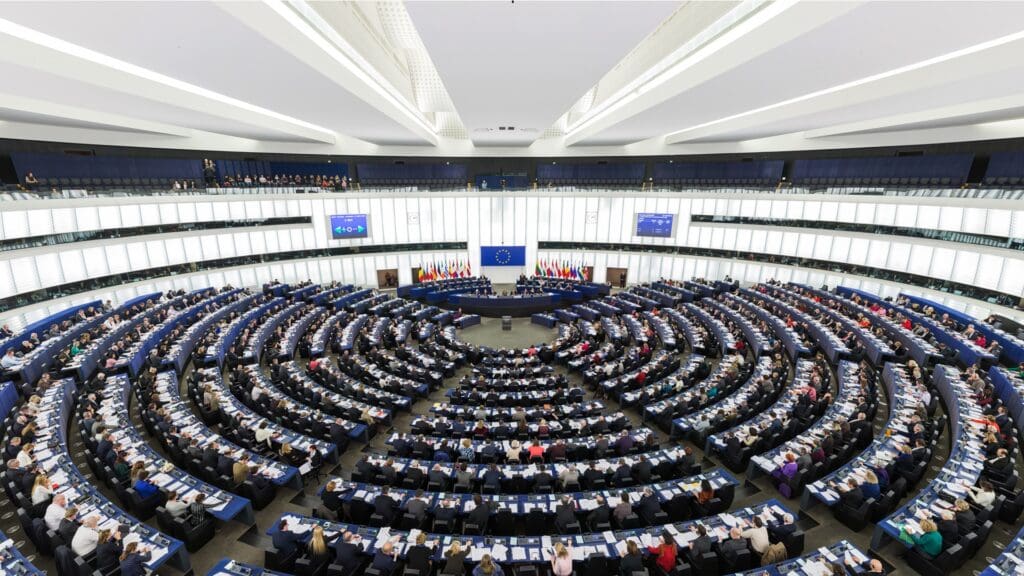
Hungarian political analyst and commentator András László pointed out that according to a recent survey, a coalition of ECR, ID, and Fidesz MEPs could become the strongest political group in the European Parliament in 2024.
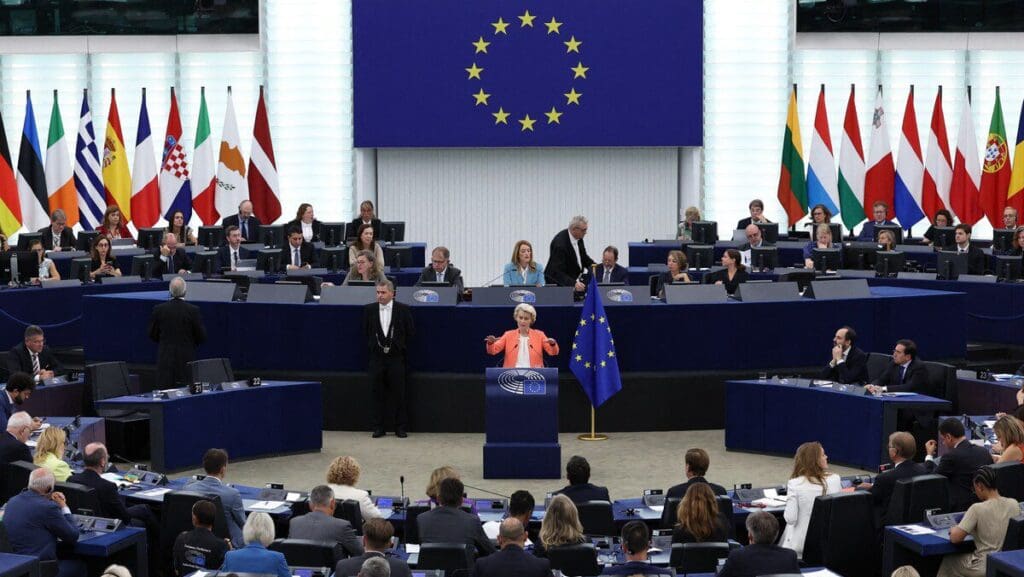
In the statement, the MEPs said that the four left-wing groupings of the EP held a joint press conference on Monday at which Germany’s Green MEP Daniel Freund and Hungary’s left-wing MEP Katalin Cseh ‘repeated their usual false accusations and lies’ which, according to the Fidesz MEPs, had been repeated by ‘the Hungarian dollar Left led by Ferenc Gyurcsány in the recent period’.
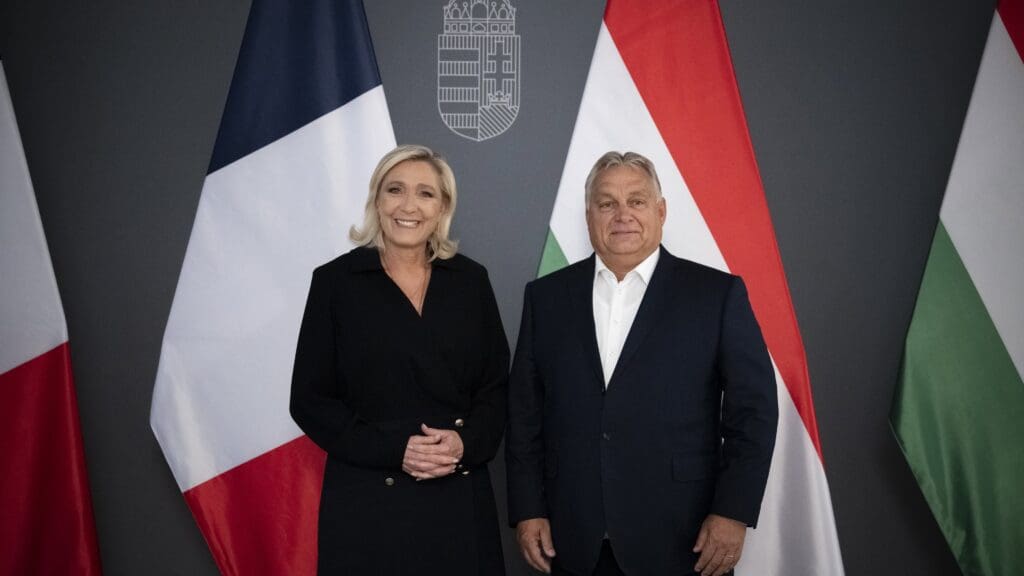
Prime Minister Viktor Orbán met with Marine Le Pen at the Carmelite Monastery in Budapest on Wednesday, to discuss, among other issues, the need for ‘a united and robust response’ of European right-wing parties to the misguided policies of Brussels ahead of the upcoming European parliamentary elections.
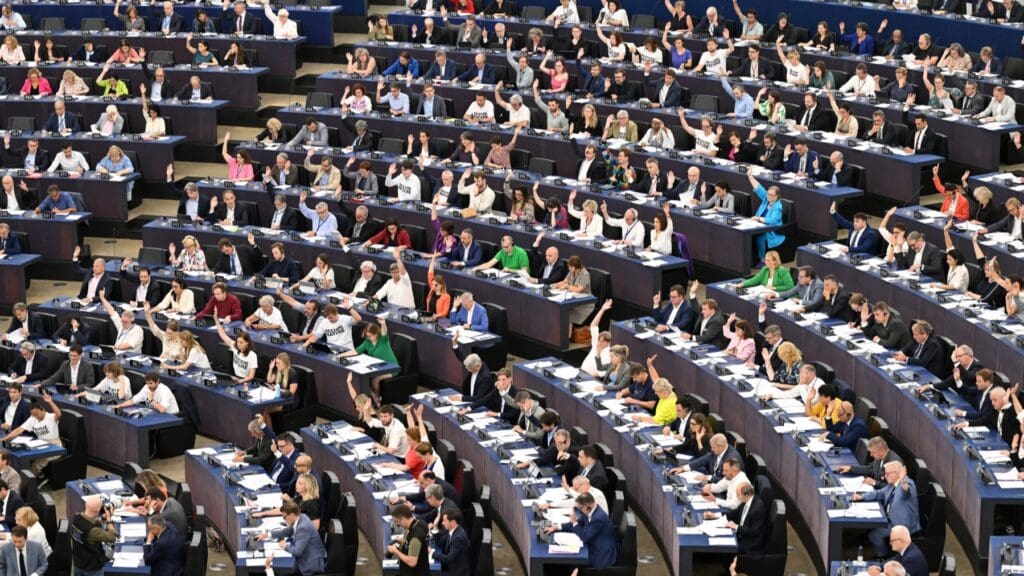
People increasingly feel that liberal and left-wing politicians, hand in hand with the Brussels bureaucracy, have become detached from reality, and are unable to provide relevant answers to the everyday problems of citizens.

Hungarian Conservative is a quarterly magazine on contemporary political, philosophical and cultural issues from a conservative perspective.